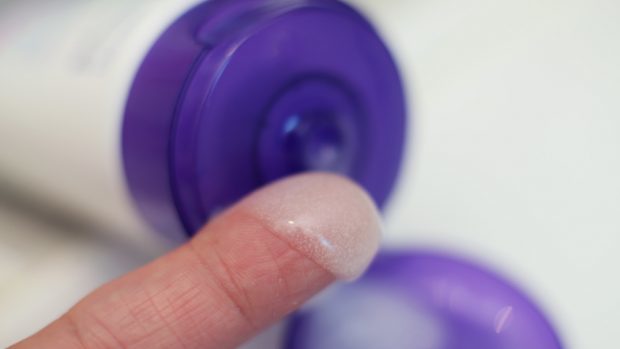A north-east fisheries group is expected to back proposals, banning the use of controversial plastic microbeads in beauty and care products.
The move is being taken in an effort to protect fish stocks.
In December, the Department for Environment, Food and Rural Affairs launched a consultation on prohibiting the manufacture and sale of products with microbeads, including such items as toothpastes and face scrubs.
Due to their size, microplastics are not picked up by sewage filtration systems and are often mistaken for food by fish and shellfish.
The microbeads can subsequently enter the food chain, so Defra is also investigating the environmental impact of their usage.
And now, Aberdeenshire Council’s fisheries working group, which meets on Friday, has been asked to respond.
In a report to the group, Belinda Miller, head of economic development for the region, recommended backing the ban, but called for stringent new regulations, covering more than just microbeads.
She said: “The consultation’s narrow focus on microbeads is perhaps rather surprising,” and quoted figures which demonstrated they made up less than 5% of all microplastics which end up in the sea.
In comparison, car tyres are the cause of more than 60%, ship paint amounts to around 11% and shoes 7.5%.
Aberdeenshire Council’s draft response to Defra stated it was “extremely important” microbeads were not replaced by unproven or equally damaging materials and that – although the scope of the ban could be wider – it was an important step to protect fishing grounds.
Earlier this month, a study of fish in the River Spey found more than one in six of them could be contaminated with microplastics.
A total of 116 fish were caught during the study in the Spey Bay area and off the coast.
The findings showed 24% of sea trout caught in July were contaminated while 46% were affected in September’s haul. Cod and mackerel were also examined with about 17% of the catch contaminated.
